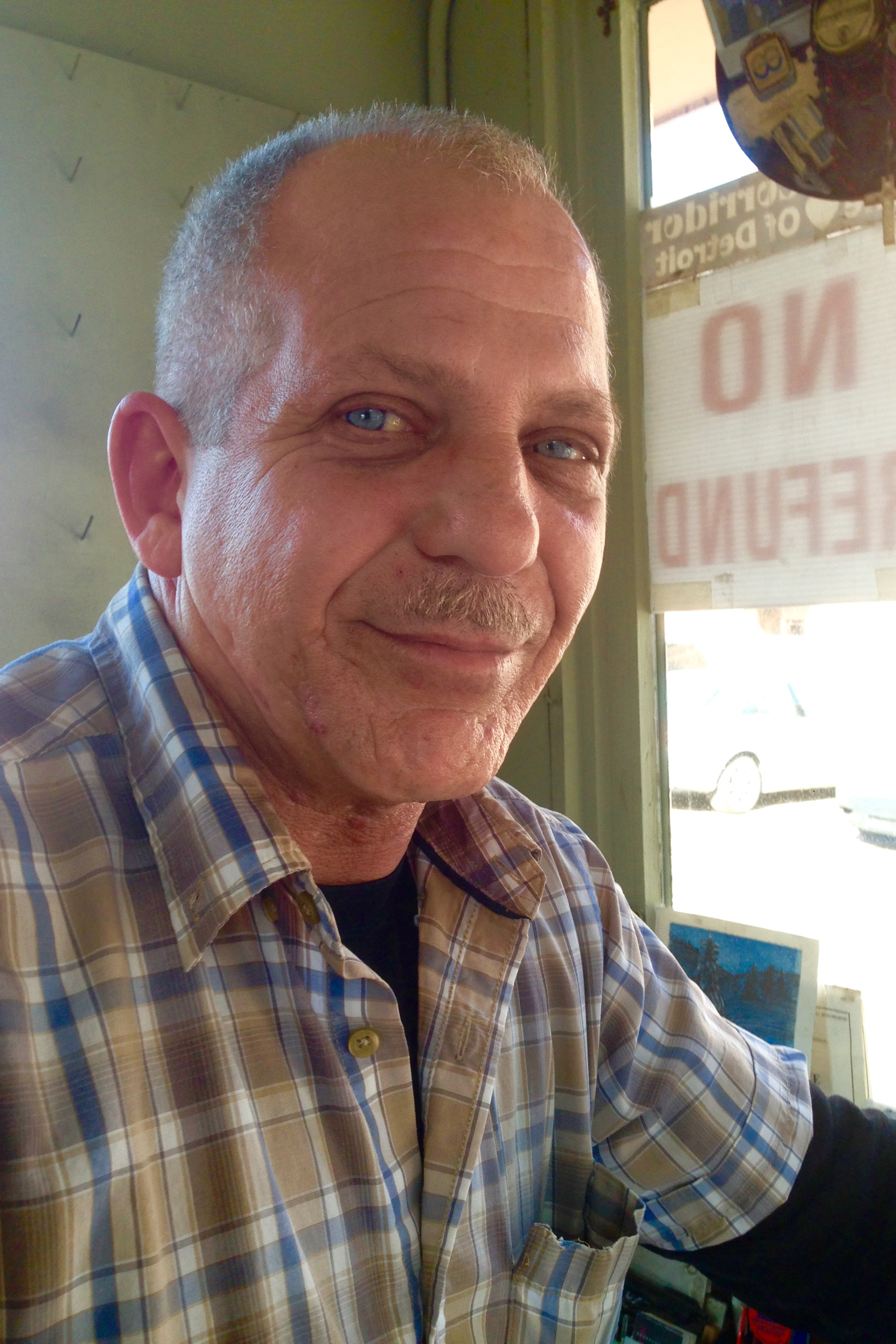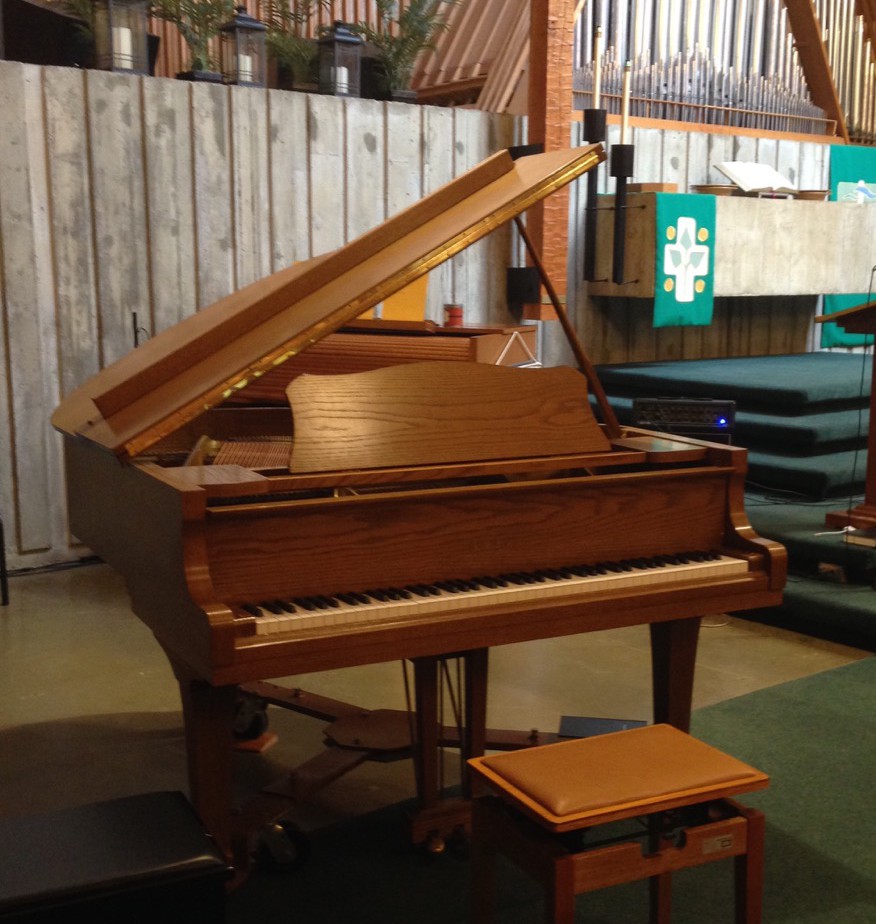Originally published by ModelD
 From where he sits in his tiny booth on the north side of the Fisher Building, Gerry can see about half of a city block. Gerry is the attendant for Tony’s Parking on Lothrop Street. He has spent at least 60 hours a week here for the past 30 years, and he knows this place and its people with an alarming intimacy, though he is oblivious to what occurs just around the next corner. When I moved into the apartment building adjacent to the lot that is Gerry’s province, I had no idea that this outspoken parking attendant would have such a persistent, if minor, role in my life.
From where he sits in his tiny booth on the north side of the Fisher Building, Gerry can see about half of a city block. Gerry is the attendant for Tony’s Parking on Lothrop Street. He has spent at least 60 hours a week here for the past 30 years, and he knows this place and its people with an alarming intimacy, though he is oblivious to what occurs just around the next corner. When I moved into the apartment building adjacent to the lot that is Gerry’s province, I had no idea that this outspoken parking attendant would have such a persistent, if minor, role in my life.
Above all else, Gerry is a witness to this neighborhood. His official territory includes only the parking lot, but his domain extends as far as his vision. He is the type of figure that Jane Jacobs would herald as the best kind of “eyes on the street,” with mutual trust, if not affection, on the part of the observer and its subjects.
Gerry arrives to work every day before 7 a.m. He calls “information” to make sure the time on his clock is perfect so no one can say he overcharged. He surveys the area, shoveling snow away from the sidewalk or sweeping puddled rainwater into the sewer. As people arrive, he files cars in rows according to the duration of their stay to maximize capacity and minimize block-ins. It’s an endless game of horizontal tetris.
“How long you gonna stay?” he says in his faintly antagonistic way. Gerry is so severely gruff that it’s almost endearing because he seems to care so little about what others think of him. In Gerry’s eyes, everyone has an agenda and he’s not in it. He preempts others’ dismissal with casual conspiracies about people who look at him the wrong way “I know what she’s about.” Gerry knows that the people who visit his lot aren’t there for him; they are there for a service. After a brief exchange of money and words, Gerry is left to watch people’s prized possessions, alone, like an underappreciated nanny.
Gerry is famous for his non sequiturs: “Good morning!” might be answered with “My life is more complicated than yours” or “Ain’t nobody else could do this job.” Sometimes he just repeats himself by way of extending a conversation that lacks momentum: “You gotta go? You gotta go now? Where ya going? You gotta go?” This elementary form of interrogation actually works to the point that Gerry is the keystone of gossip in the surrounding social landscape. (You’d be surprised how much personal information you give away when everything you say is answered with “what else?” five consecutive times.)
Continue reading “Parking Lot Gerry”

